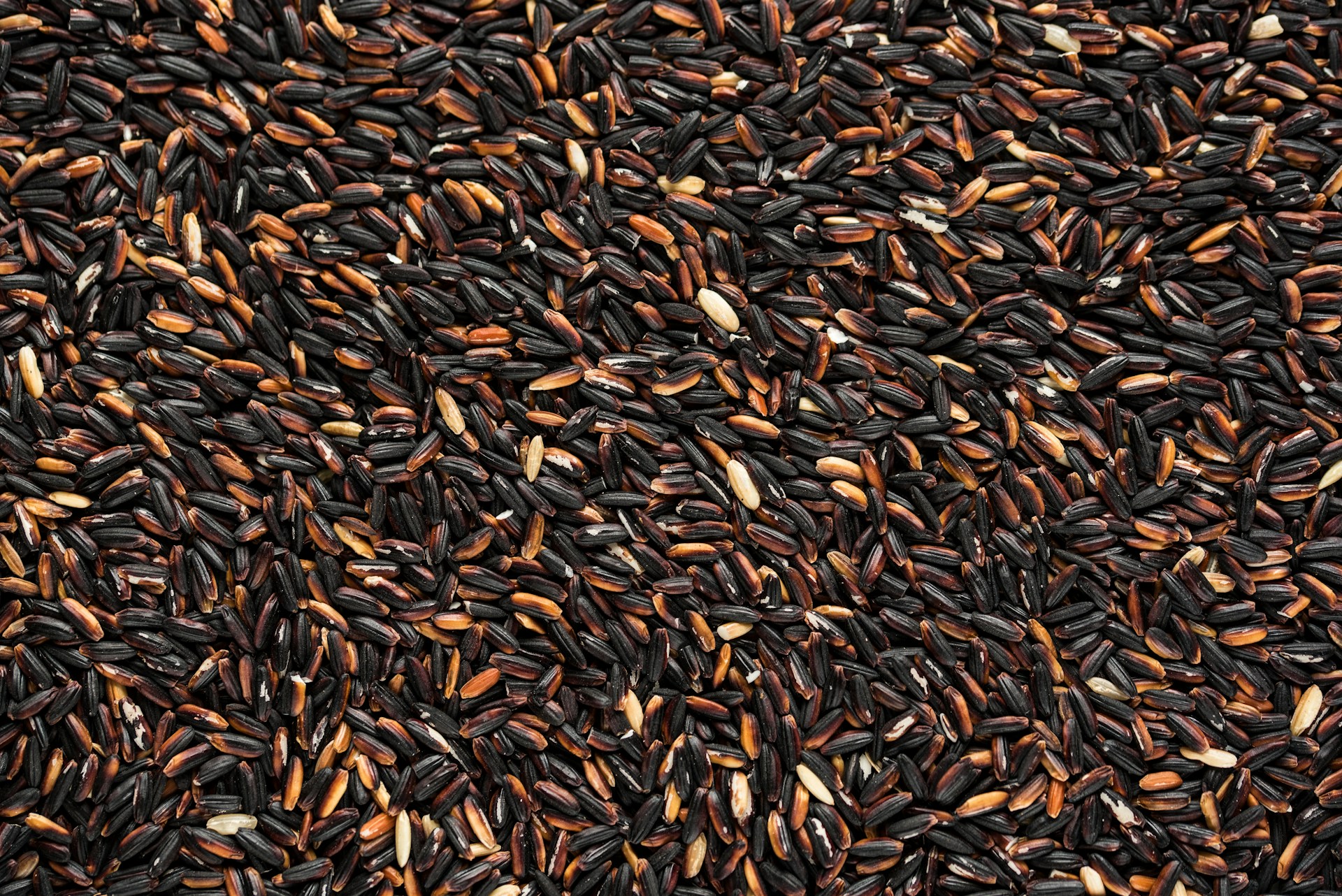The coughing, sniffing and sneezing, ugh! We’ve all succumbed to a flu attack and not just once. Scientifically known as influenza, it is an infectious disease caused by a virus by the name same. It’s common during seasonal change when our immunity is low. You can also blame those winter days when you got a bit adventurous, only to be left confined to your bed with a runny nose. But a new study, published in the Journal PLOS Biology bears a good word and suggests something rather fascinating.
(Foods That Boost Your Immunity)
Researchers from Imperial College London have found that after the age of 30, people generally only get the flu about twice a decade or simply put, once in every five years! While children get flu on an average every other year, flu infections become less frequent as people progress through childhood and early adulthood.
Senior author of the study, Steven Riley, explains, “For adults, we found that influenza infection is actually much less common than some people think. In childhood and adolescence, it is much more common, possibly because we mix more with other people.” To reach this conclusion, experts analyzed blood samples from volunteers in China, looking at antibody levels against nine different influenza strains that circulated from 1968 to 2009. "There's a lot of debate in the field as to how often people get flu, as opposed to flu-like illness caused by something else. These symptoms could sometimes be caused by common cold viruses, such as rhinovirus or coronavirus. Also, some people might not realize they had flu, but the infection will show up when a blood sample is subsequently tested” said Adam Kucharski, who worked on the study at Imperial College London before moving to the London School of Hygiene & Tropical Medicine.
(10 Foods to Keep the Flu Away)
In addition to estimating the frequency of flu infection, researchers developed a mathematical model of how our immunity to flu changes over a lifetime as we encounter different strains of the virus. The model supports evidence from other studies and shows that the strains of influenza virus we encounter earlier in life evoke stronger immune responses than those that attack us later.








